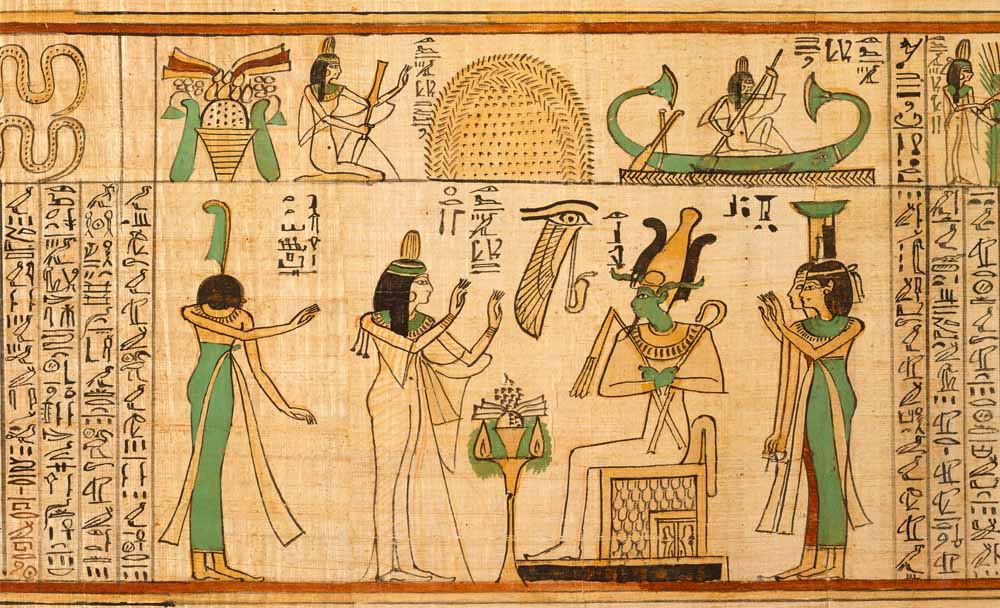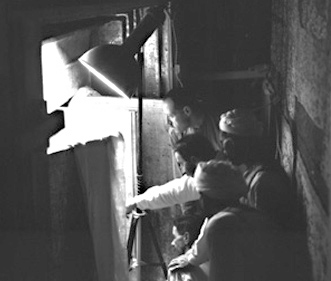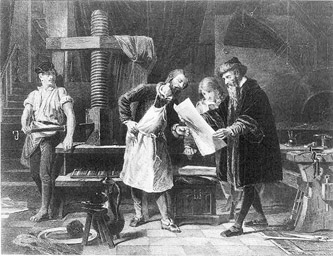-------- Messaggio originale --------
| Oggetto: | Let Our Video Go |
|---|---|
| Data: | Wed, 07 May 2014 15:24:09 +0000 |
| Mittente: | <Roger Macdonald> |
 UI / UX Advances in Freeing
Information Enslaved by an Ancient Egyptian Model Or… Why Video
Scrolling is so Last Millenniums
UI / UX Advances in Freeing
Information Enslaved by an Ancient Egyptian Model Or… Why Video
Scrolling is so Last Millenniums
In creating an open digital research library of television news, we have been challenged by being unable to reference a current user experience model for searching video. Conventional video search requires users to start at the beginning of video and proceed at the pace and sequencing dictated by content creators. Our service has vaulted over the confines of the linear video storytelling framework by helping users jump into content at points directly pertaining to their search. But by doing so, we have left some of our prospective users adrift, without a conceptual template to rely on. That is until this April, with the release of a new user interface.
Treating video as infinitely addressable data is enabling us to do an increasingly better job at getting researchers right to their points of interest. While revolutionary, applied at the scale we do with television news, it has an antecedent in a prior media revolution: the transition from the age of scrolls to printed books. Gutenberg used movable type to print identical bibles in the mid-1400′s. It took a hundred more years before detailed indexes started appearing at the end of books. The repurposing of closed captioning to facilitate deep search of video is, in some ways, as significant for television as the evolution from parchment and papyrus rolls to books with page numbers and indexes.
The value of most major innovations can only be realized when people adapt their conceptual models to understand and use them. Our interface design challenge included helping users make a perceptual leap from a video experience akin to ancient Egyptians unfurling scrolls to that of library-literate modern readers, or the even more recent experience of being able to find specific Web “pages” via search engines.
Our latest interface version helps users cross the cognitive bridge from video “scrolls” to understanding television programs viewed at the Internet Archive are like digitally indexed “books,” comprised of 60-second segments. We convey this, in part, by joining the video segments with filmstrip sprocket border graphics. Linear, like film, but also “paginated” for leaping from one search-related segment to another.
When searching inside individual broadcasts, the new interface reinforces that metaphor of content hopping by truncating presentation of interleaving media irrelevant to the search query. We present the search-relevant video segments, while still conveying the relative “distance” between each jump — again referencing the linear “scroll” experience that most have not yet learned to abandon.
The new UI has another revolutionary aspect that also hearkens back to one of the great byproducts of the library index model: serendipitous discovery of adjacent knowledge. Dan Cohen, founding Executive Director of the Digital Public Library of America recently recounted, “I know a professor who was hit on the head by a book falling off a shelf as he reached for a different one; that book ended up being a key part of his future work.”
When using the new “search within” a single program feature, the browser dynamically refines the results with each character typed. Unexpected 60-second segments and phrases arise, providing serendipitous choices as typing proceeds, while options narrow towards the intended results. These unanticipated, yet systematic, occurrences suggest the diverse opportunities for inquiry afforded by the unique research library and encourage some playful exploration.
 The Internet Archive is still
in the early stages of helping guide online television out of
its imprisonment in ancient conceptual frameworks. A bright
future awaits knowledge seekers and content creators alike when
digital video is optimized for systematic discovery of even
short segments. New audiences and new use-cases will be joined
with media that has been languishing for too long in digital
tombs, mostly unseen and unheard.
The Internet Archive is still
in the early stages of helping guide online television out of
its imprisonment in ancient conceptual frameworks. A bright
future awaits knowledge seekers and content creators alike when
digital video is optimized for systematic discovery of even
short segments. New audiences and new use-cases will be joined
with media that has been languishing for too long in digital
tombs, mostly unseen and unheard.
At its heart, the Internet Archive is an invitation to explore and collaborate. Please, join us in evolving digital opportunities to open knowledge for the benefit of all.
Start by giving our service a whirl, find something important and quote it. I just did - https://twitter.com/r_macdonald/status/463492832867516416




